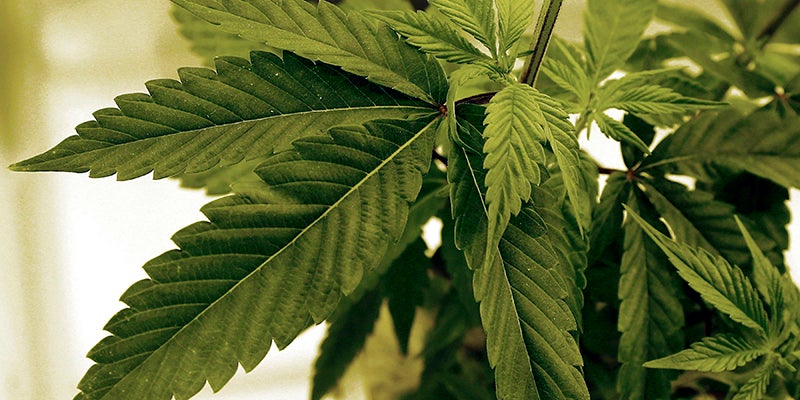PROGRESS 2021: Finding a home in Austin
Published 10:02 am Tuesday, March 2, 2021

- Joseph Tarpeh, left, and Janika Talawaly, right, are both Liberian immigrants who have thrived in Austin. Tarpeh works with the Liberian Association for Progress, which helps Liberian immigrants adapt to life in the United States. Rocky Hulne/sports@austindailyherald.com Rocky Hulne/sports@austindailyherald.com
|
Getting your Trinity Audio player ready...
|
Janika Talawaly waited for much of his life to see snow for the first time, but the eight years he spent waiting to join his wife and daughter in Austin was the longest stretch he ever had to endure.
Like many immigrants, Talawaly had to spend a significant amount of time away from his family as he waited for approval to come to the United States. He began to look for ways to get to the United States from Libera in 2002 and it wasn’t until 2009 when his wife was able to get in on the lottery visa. Talway finally made his way to Austin in November of 2017 and he is now living the American dream as a homeowner. He and his wife both work living wages and they now have four children together.
“I appreciate the time we have together now and we’ve been making plans for our family,” Talawaly said. “Within the course of four years, we have purchased our own house. We want our children to incorporate into American society, grow up healthy and to be able to contribute to society.”
Talawaly, who lived in Chocolate City when he was in Liberia, worked at a shipping company. The years away from his family were hard as he was only able to communicate through the internet and over the phone.
“You want to feel your partner and you want to see them,” Talawaly said. “It was hard for me to cope with.”
Since arriving in Austin, Talawaly and his family have received assistance from the Liberian Association for Progress, which has been running for two years. Joseph Tarpeh, who migrated to the United States from a refugee camp, is the vice chairman of the LAP, which serves approximately 100 Liberian immigrants in Austin.
Tarpeh said that Talway’s story is a familiar one and the job of the LAP is to show immigrants how to get transportation and where to find work.
“When people come in, there is a whole lot of orientation they have to go through. People experience culture shock when they move to a new location,” Tarpeh said. “There is a huge opportunity in Austin and when people finally get here, we support them.”
Tarpeh said the LAP helped find jobs for three Liberian immigrants in a recent two-month span and he wants to see that trend continue. He is adamant that hard work and dedication is the path to success in a new land.
“Since I’ve moved to Austin, I have seen the opportunity and the progress of a lot of people who live here from the Liberian community,” Tarpeh said. “Hormel and it’s partners offer a lot of opportunities that create an income for our people; that has helped them put their lives on a trajectory where they are successful. There is not a single Liberian here that is seeking employment and doesn’t have it and economic progression progresses life.”
Talawaly has seen first hand what things can look like when jobs are not available. In Liberia, there is a high crime rate and a rising youth unemployment rate and he feels the two go hand in hand.
“The criminal rate comes from a lack of jobs. There are young people who want to get things going for themselves, but because there are no means, you see them get into other stuff. It is not their will that they want to do that, but they don’t have the means and they get radicalized and get into other things when they have nothing to do. An idle mind is the worship of the devil and that is a major problem,” Talawaly said. “I am grateful to God, because since I’ve been to Austin, I have not heard a gunshot in my community. Austin is the place to be.”

Soccer players with Liberian roots who live in Austin recently played a match against players with roots from Benin, who won the match 6-2. The match honored the 173rd anniversary of the creation of Liberia. Photo provided
All immigrants who come to Austin from warm weathered regions have one thing in common. They quickly learn how to bundle up in the winter and some may also gain an appreciation for the beauty of winter in the midwest.
“My first experience in Austin was the snow,” Talawaly said. “That was the first time in my life where I saw white ground. Everything was white and you could see snow everywhere. It took me some time to get used to that.”
Liberia is a country in West Africa that was created by Americans as an attempt to repatriate African slaves under President James Monroe, the namesake of its capital city of Monrovia. Liberia became an independent country on July 26, 1847, electing Virginia born President Joseph Roberts.







